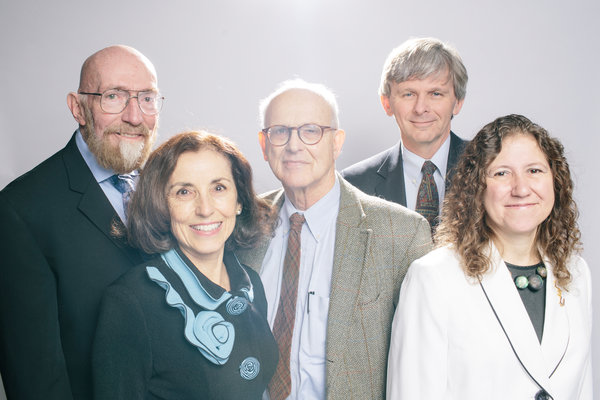MI weekly selection #168

Gravitational waves predicted by Einstein heard by LIGO
Gravitational waves from the collision of two black holes about 1.3 billion years ago have been detected by Laser Interferometer Gravitational-Wave Observatory, or LIGO, confirming a prediction Albert Einstein made a century ago in his general theory of relativity. The sound came through as a chirp first detected in September. “With this discovery, we humans are embarking on a marvelous new quest: the quest to explore the warped side of the universe — objects and phenomena that are made from warped spacetime,” said Kip Thorne.
Isotopes from teeth suggest where immigrants to ancient Rome came from
Isotopes in the teeth of skeletons are giving researchers information about the people who migrated to ancient Rome, either by choice or as slaves. Archaeologists looked at tooth enamel from individuals up to age 50 who were buried in plain graves just outside the city. The findings show the immigrants hailed from all over the empire.
Increased risk for some diseases may be linked to Neanderthal DNA
Some modern humans with variants of Neanderthal DNA may have an increased risk of depression and heart problems, among other maladies, according to findings published in Science. Researchers say that the genetic mixture between Neanderthals and humans may have been helpful in adjusting to new environments, but that those variants may not be so helpful any more.
Amazon River fish has touch-sensitive fins
The pictus fish, which lives along the bottom of the Amazon River, has touch-sensitive pectoral fins. “It was a surprise to us that, similar to mammalian skin, fish fins are able to sense light pressure and subtle motion,” said study author Adam Hardy. Researchers believe touch sensitivity may be prevalent in bottom-feeding fish and are looking at other fish species to support that claim.
Hyperthyroidism associated with elevated breast cancer risk
A study found that women with hyperthyroidism may have an 11% increased risk of developing breast cancer, compared with women who had normal thyroids. Researchers found that the risk was 6% lower for women who had hypothyroidism. The findings were based on a longitudinal review of almost 80,000 women with hyperthyroidism and more than 61,000 women with hypothyroidism in Denmark.
1 comment
[…] Feb 14, 2016 | Humanities & Social Sciences, Noticias, Science, Technology, Weekly Selection | 0 […]